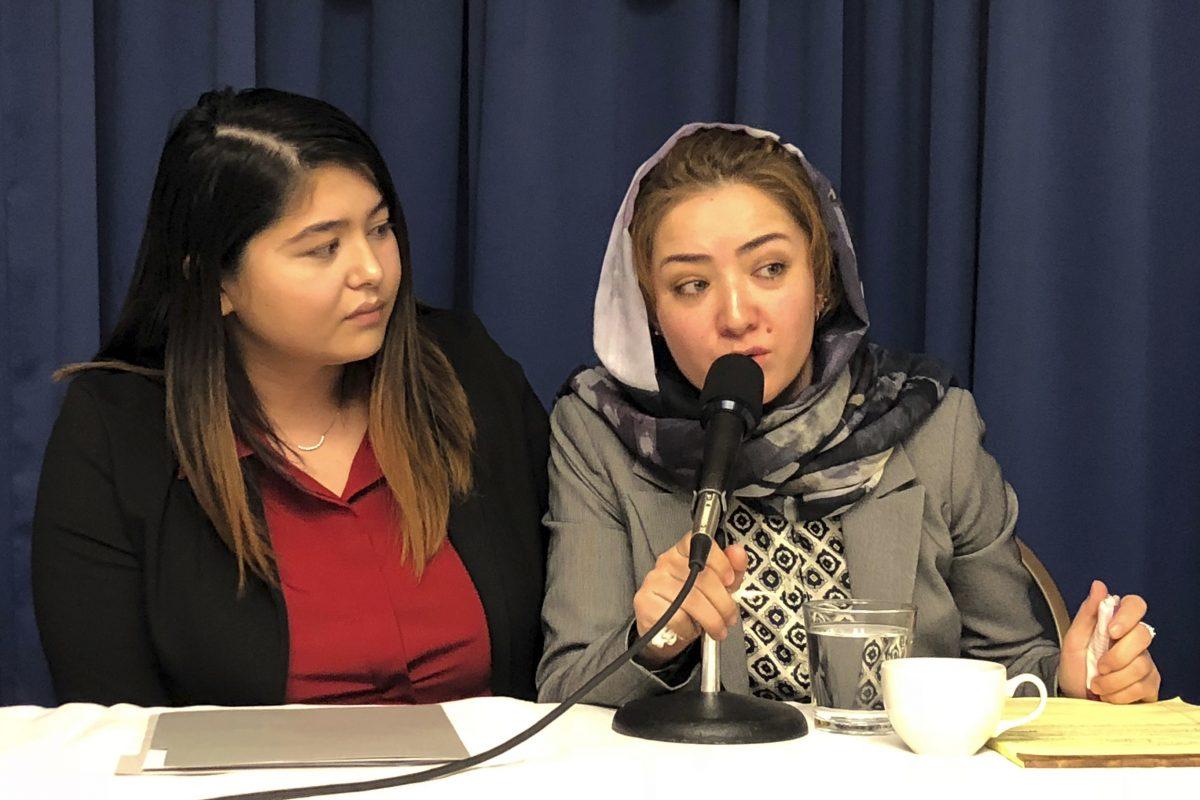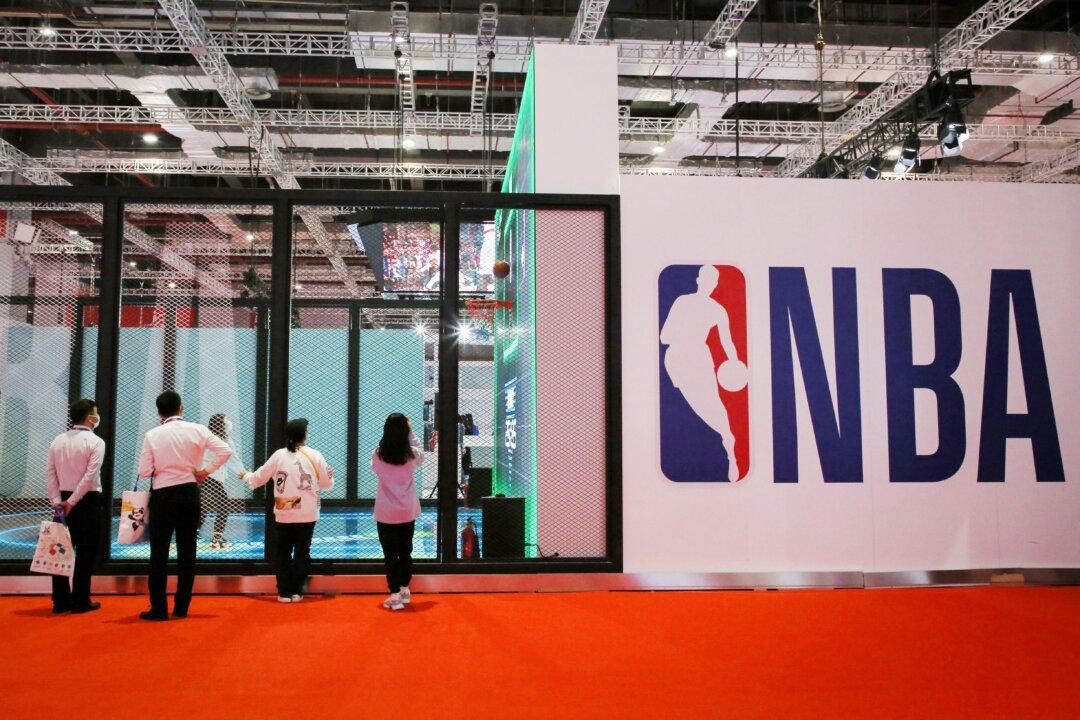The chairmen of the bipartisan Congressional-Executive Commission on China (CECC) on June 1 called on NBA players to end endorsement deals with Chinese sportswear firms that are linked to forced labor.
The commission’s letter to the labor union comes amid reports that hundreds of thousands of Uyghurs have been forced to pick cotton in China’s northwestern Xinjiang region. More than 1 million Uyghurs, the majority of whom practice Islam, and other ethnic minorities, have reportedly been held in internment camps in the region and undergo torture and other abuses.
“Players have continued to sign new deals with Anta Sports,” Merkley and McGovern wrote in their letter.
“We believe that commercial relationships with companies that source cotton in Xinjiang create reputational risks for NBA players and the NBA itself,” they said, noting that the U.S. government has determined that China is committing genocide and crimes against humanity in Xinjiang and barred cotton imports from the region.
“The NBA and NBA players should not even implicitly be endorsing such horrific human rights abuses,” the letter states.

The CECC cited its own documentation that since 2018, there has been credible evidence to show that forced labor exists in Xinjiang’s cotton production.
“Ethnic minority workers who pick cotton in Xinjiang are subjected to close monitoring and control, and individuals have been detained for refusing to take part in such work programs,” they said.
Merkley and McGovern also noted that it’s not possible for credible labor audits to independently verify whether supply chains in the region are tainted by the products of forced labor, as Uyghurs and other workers are subjected to surveillance and the constant threat of detention, and so can’t speak freely about their working conditions.
“Indeed, auditing cotton production may do more to facilitate the continued use of forced labor in production than to eliminate it,” they wrote.
Merkley and McGovern concluded their letter by urging the NBA players’ union to work with its members to raise awareness about the ongoing genocide taking place in Xinjiang and the role of forced labor in the production of products made by brands that have been endorsed by members.
The NBPA did not respond to a request by The Epoch Times for comment.
Beijing’s repression of Uyghurs, perpetrated through its network of internment camps and mass surveillance system, has drawn international condemnation.
Uyghurs, along with other ethnic minorities in Xinjiang and Tibet, as well as religious believers who remain outside state control, have long been targeted by the ruling Chinese Communist Party for thought transformation through “reeducation”—what outside observers call brainwashing.
The Trump administration placed sanctions on entities and individuals responsible for atrocities in the region; it also imposed a ban on all cotton and tomato products from Xinjiang over forced labor practices.
President Joe Biden and his administration have so far been vocal in condemning the Chinese regime for its human rights abuses.





